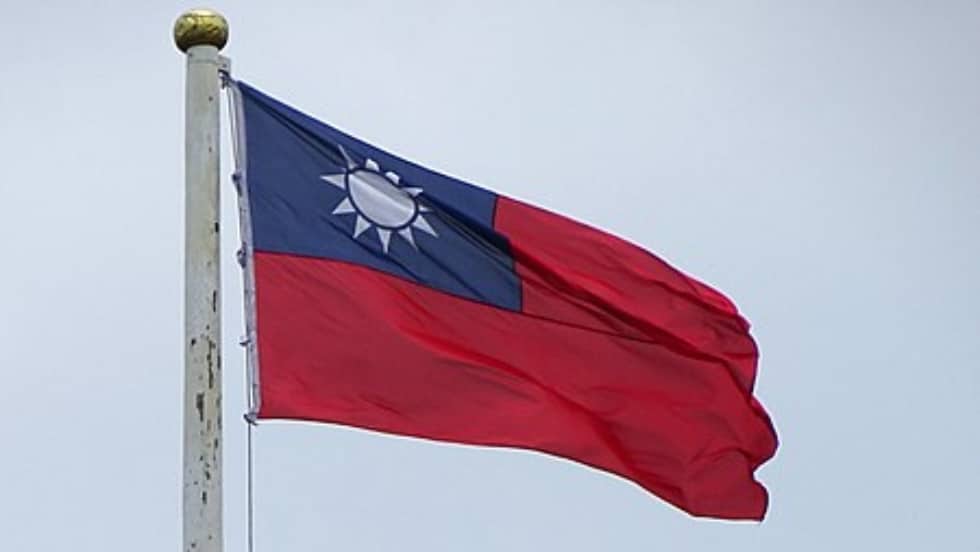Taiwan on Thursday rejected China’s new white paper that calls for the island to be absorbed under “one country, two systems” and emphasizes Beijing’s goal for “peaceful reunification.”
Taiwan’s Mainland Affairs Council said “one country, two systems” was “unacceptable” and is “not an option for Taiwan.” The island’s Foreign Ministry slammed the release of the white paper, which came after China held its largest-ever military drills around the island in response to House Speaker Nancy Pelosi visiting Taipei.
“China has repeatedly staged provocative actions, including sabre-rattling drills, cyberattacks and disinformation to try to coerce Taiwan in recent days, and even released its so-called policy white paper towards Taiwan to promote its so-called grand mission of unification with the motherland,” Taiwanese Foreign ministry spokeswoman Joanne Ou said.
While the white paper reiterated China’s preference for peaceful unification, it also said Beijing wouldn’t rule out the use of force if “external forces” and “separatist elements” move the island too close to independence. China has repeatedly made clear to the US that Taiwan is a red line and that Washington’s support for “independence forces” could lead to war.
The white paper is the first one China has published in over two decades, and it signals Beijing is going to speed up its unification plans in the face of increased US intervention in Taiwan. Pelosi’s visit to Taiwan marked the first one from a house speaker in 25 years and followed a pattern of increasingly frequent congressional delegations to the island.
Hawks in Congress are also looking to drastically change US policy toward Taiwan. Senators Bob Menendez (D-NJ) and Sen. Lindsey Graham (R-SC) recently introduced a bill that would designate Taiwan a “major non-NATO ally,” authorize $4.5 billion in military aid for the island over four years and require economic sanctions in response to a Chinese attack. Menendez wants to move the bill forward, but it has been delayed in part over concerns from the White House that it goes too far.
This article was originally featured at Antiwar.com and is republished with permission.






























